In today's life, it is not difficult for us to witness manifestations of wasteful and luxurious lifestyles.
It could be the mindset of "fullness accumulates, hunger contributes", normally when there is nothing to eat, when there is something, we eat lavishly, causing excess food to spoil or the concept of "hungry on the anniversary of the father's death, full for three days of Tet" with high tables and full dishes just for show or satisfaction when receiving compliments from others.
These are young people who depend on their families or have unstable jobs, hard work and unstable incomes, but still own high-end phones worth tens of millions of dong, even though they cannot use all of their functions. It would be terrible if we made a comparison between the amount of money these people spent on buying that phone and the actual income of them or their relatives.
Many people build big, comfortable houses and buy expensive cars without thinking about the actual needs and specific conditions of themselves and their families. The extravagant and luxurious lifestyle of those who are not rich often arises from the mentality of vanity, wanting to use external forms, tools, and material means to gain attention, admiration, respect, and admiration from those around them...
During his lifetime, Uncle Ho especially valued the practice of thrift. In an article published in Nhan Dan newspaper on February 5, 1960, he emphasized: “In the process of building socialism, thrift is a major policy, a great morality, a way of working and living that must never be neglected.”
Previously, in the article “What is Thrift” published in the newspaper Cuu Quoc in May 1949, Uncle Ho clearly explained: “What is thrift? It is saving, not being extravagant, not wasteful, not being indiscriminate...; saving is not stingy. When you should not spend, you should not spend a single penny. When there is something worth doing, something that is beneficial to your compatriots, to your Fatherland, no matter how much effort or money it takes, you are happy. That is true thrift...”.
Following his teachings, during the revolutionary stages, our Party and State paid special attention to the issue of practicing thrift, considering it a top national policy. However, there are still a number of cadres and party members who use the budget and public assets wastefully and for improper purposes; spend lavishly and extravagantly, far from the people's lives. There have been many cadres and party members who, because of their lavish and wasteful lifestyle, have violated the law, damaging the people's trust in the Party.
Vietnamese culture is a culture associated with the promotion of a frugal and simple lifestyle, which is summarized in folk songs and proverbs such as: "Eat wisely to be full, dress wisely to be warm", "Better to save than to waste", "When the harvest is good, don't neglect corn and potatoes/When the harvest fails, who will be your companion"; "Eat in moderation, use sparingly"...
In the current context, the standard of value of saving in society remains unchanged and becomes more and more important. Therefore, each person needs to practice saving, specifically saving time, effort, spending in accordance with the current income level, ensuring a normal life to resume labor and production. For cadres and party members, the quality of saving must be promoted and implemented seriously, exemplary, associated with mobilizing families and communities to actively participate.
Not being wasteful or extravagant is a civilized lifestyle for each person to create endogenous strength, great internal force to promote sustainable development of each individual, family and society, making the country increasingly developed.
Huy Nam
Source: https://baoquangtri.vn/khong-hoang-phi-xa-xi-la-nep-song-van-minh-194622.htm



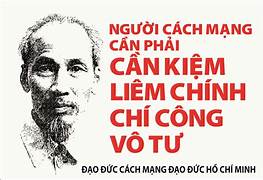
![[Photo] General Secretary To Lam attends the opening ceremony of the National Achievements Exhibition](https://vphoto.vietnam.vn/thumb/1200x675/vietnam/resource/IMAGE/2025/8/28/d371751d37634474bb3d91c6f701be7f)
![[Photo] Prime Minister Pham Minh Chinh meets with Speaker of the New Zealand Parliament Gerry Brownlee](https://vphoto.vietnam.vn/thumb/1200x675/vietnam/resource/IMAGE/2025/8/28/cec2630220ec49efbb04030e664995db)
![[Photo] General Secretary To Lam presents the 45-year Party membership badge to comrade Phan Dinh Trac](https://vphoto.vietnam.vn/thumb/1200x675/vietnam/resource/IMAGE/2025/8/28/e2f08c400e504e38ac694bc6142ac331)
![[Photo] Red flag with yellow star flutters in France on National Day September 2](https://vphoto.vietnam.vn/thumb/1200x675/vietnam/resource/IMAGE/2025/8/28/f6fc12215220488bb859230b86b9cc12)
![[Photo] Politburo works with the Standing Committee of Cao Bang Provincial Party Committee and Hue City Party Committee](https://vphoto.vietnam.vn/thumb/1200x675/vietnam/resource/IMAGE/2025/8/28/fee8a847b1ff45188749eb0299c512b2)

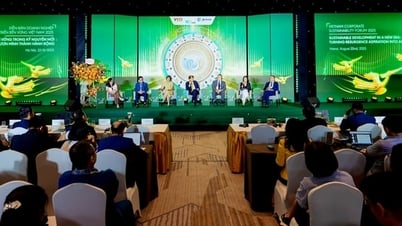



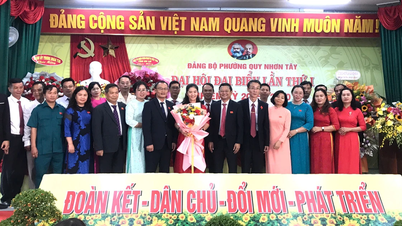



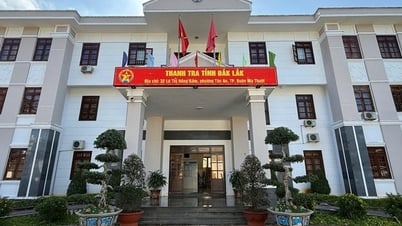



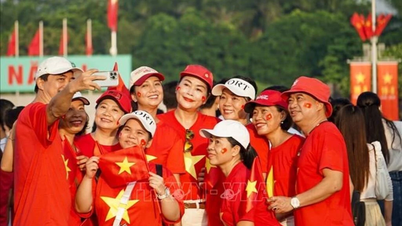
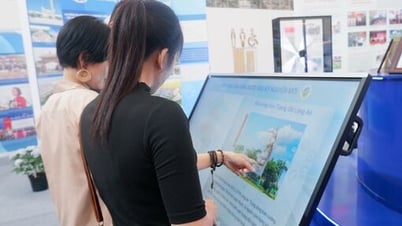

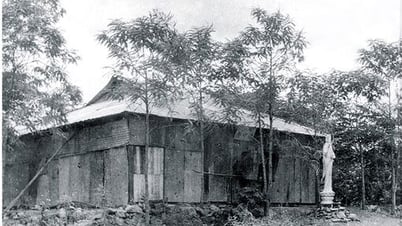
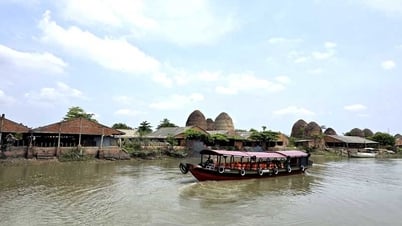

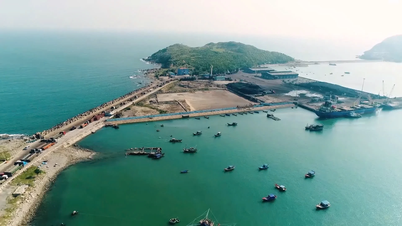




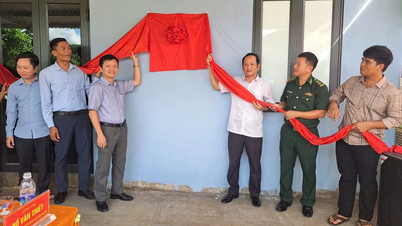

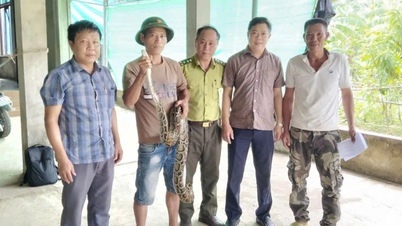
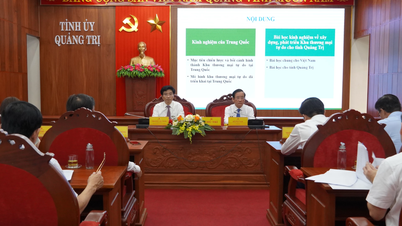

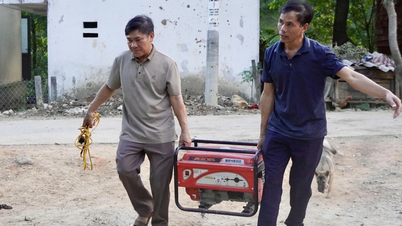























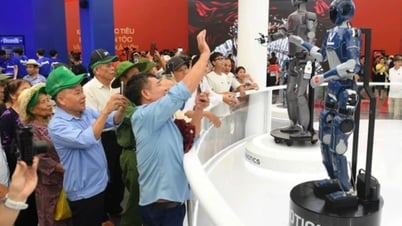














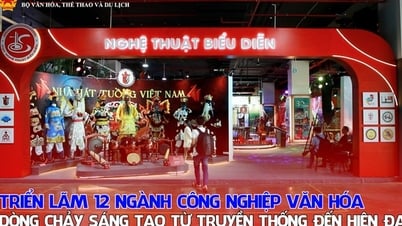




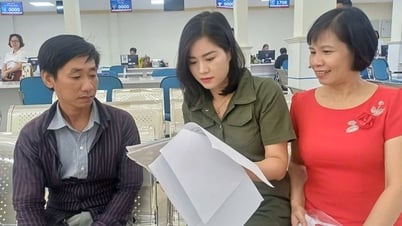
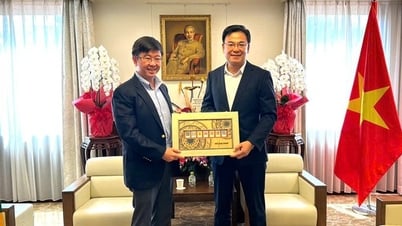
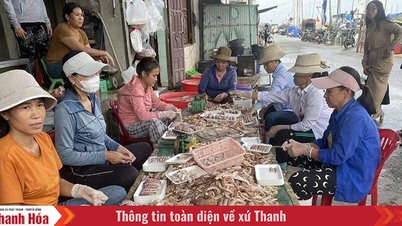

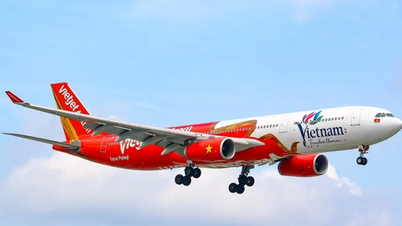
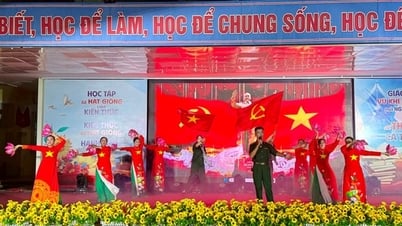
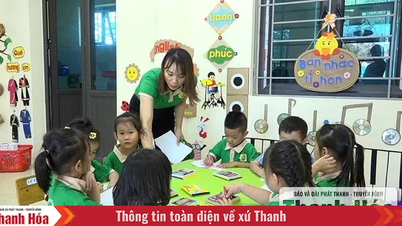
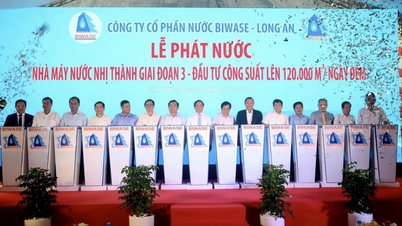
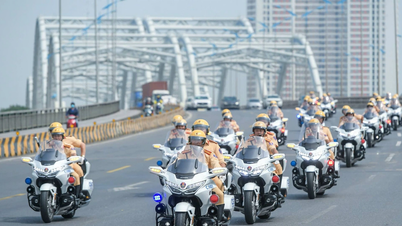













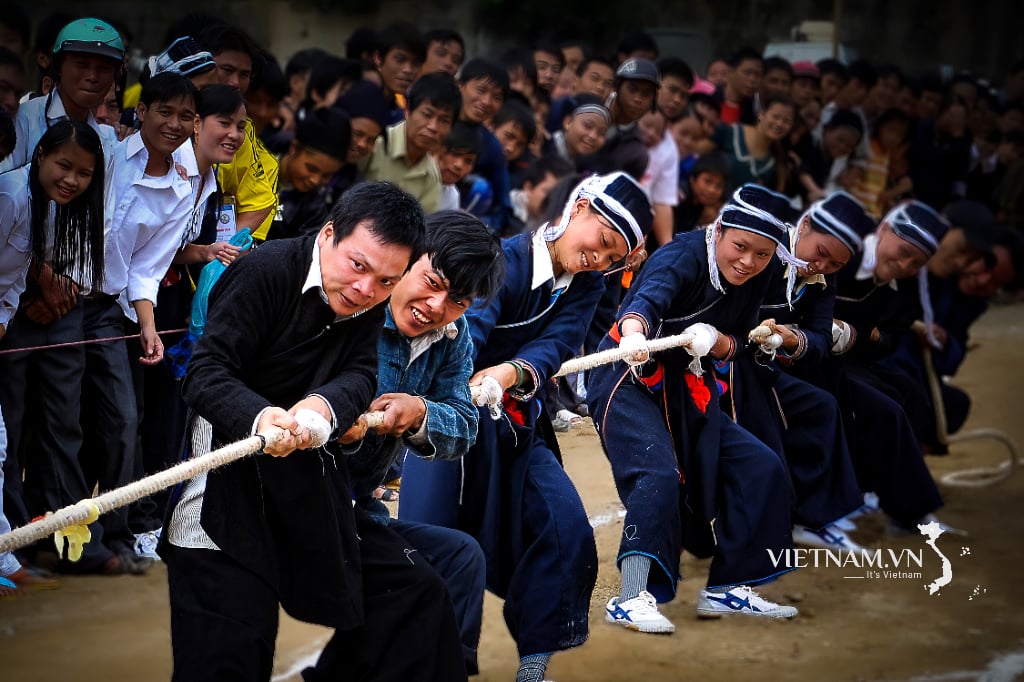
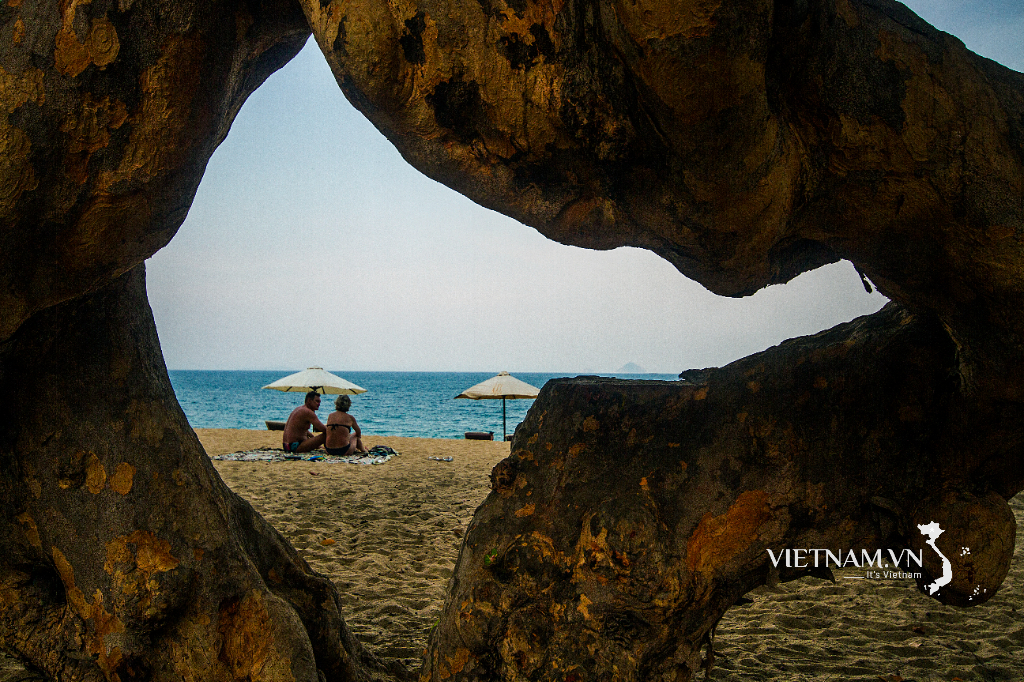

Comment (0)